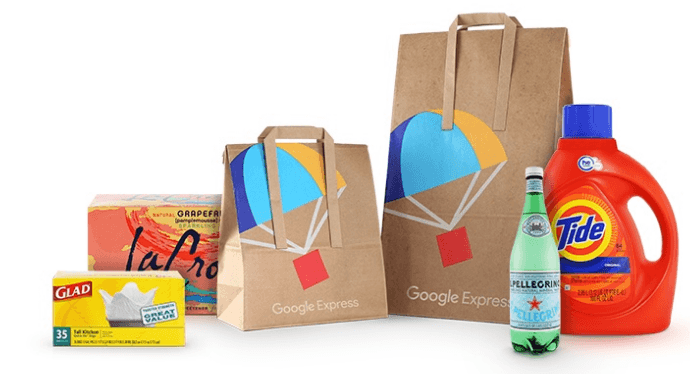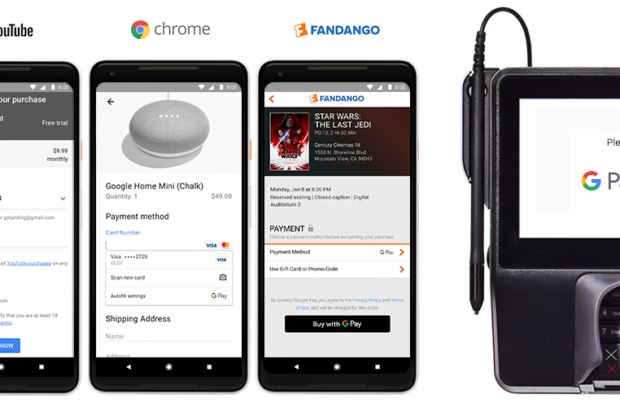

The result is a replacement for the traditional point of sale credit card reader. Groupon's offering is very much in the mold of Square and its many imitators, which include PayPal and Verifone: it consists of a small dongle that plugs into a smartphone or tablet and can read the stripe on a credit card. That's the direction I see Groupon going." "Google Wallet, Groupon, Square, PayPal-everyone is trying to figure out how to get point of sale in the hands of merchants, to sell loyalty programs and analytics. "There is an all out war for brick-and-mortar point of sale," said Bill Clerico, CEO of online payments startup WePay. Which suggests it would be difficult or impossible for Groupon to be making money at a 1.8% rate.

In recent interviews with the founders of Stripe, and WePay, heads of both companies indicated to me that these price regimes are determined by underlying costs, mostly the rates that credit card companies themselves are charging these service provider. This scheme is certainly in line with that goal, but all of Groupon's competitors in this space are charging 2.75% to 3% per transaction, despite having every incentive to undercut each other in order to become dominant. Investors are fleeing the company.Įarlier this year Groupon CFO Jason Child said he wants the company to expand until it's the "operating system" for local commerce, reports Reuters.

Groupon seems desperate to end the red ink and bad publicity that has besieged it. The question is whether or not the rates Groupon will charge can ever be justified by the number of merchants the company signs up. There's a catch: merchants must run a daily deal with Groupon. Where most merchants pay their credit card processor between 2% and 4% on every transaction, Groupon Payments only asks 1.8% plus 15 cents for each swiped transaction.

Groupon has just announced a combination of hardware and software that will allow businesses to accept credit cards, but at rates far lower than what merchants are accustomed to paying.


 0 kommentar(er)
0 kommentar(er)
